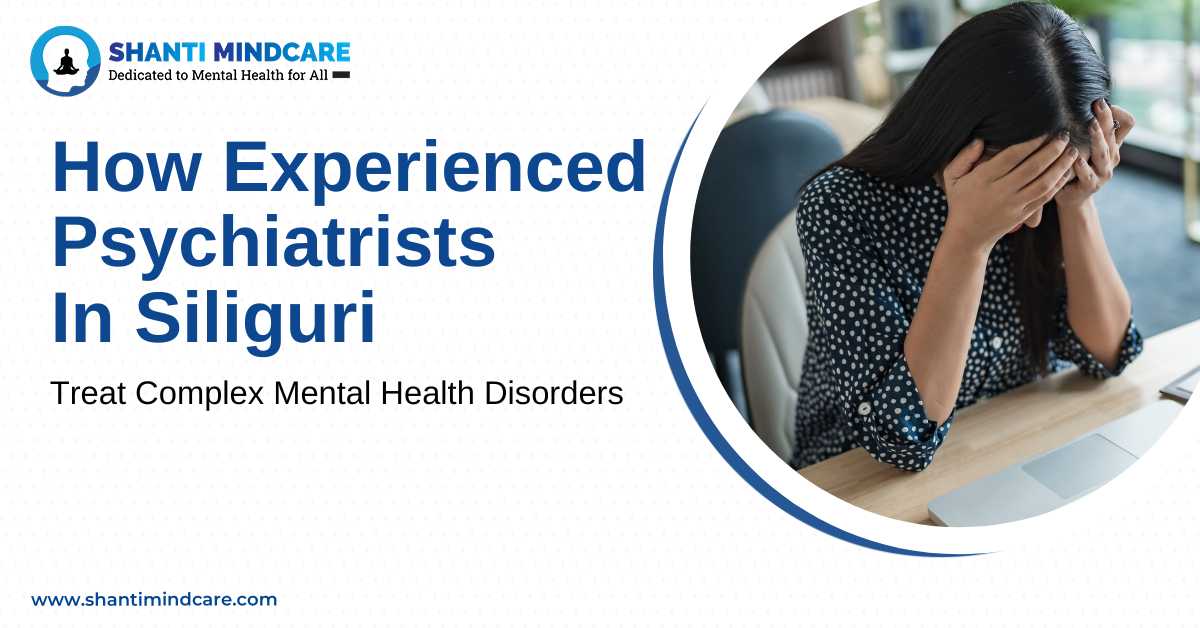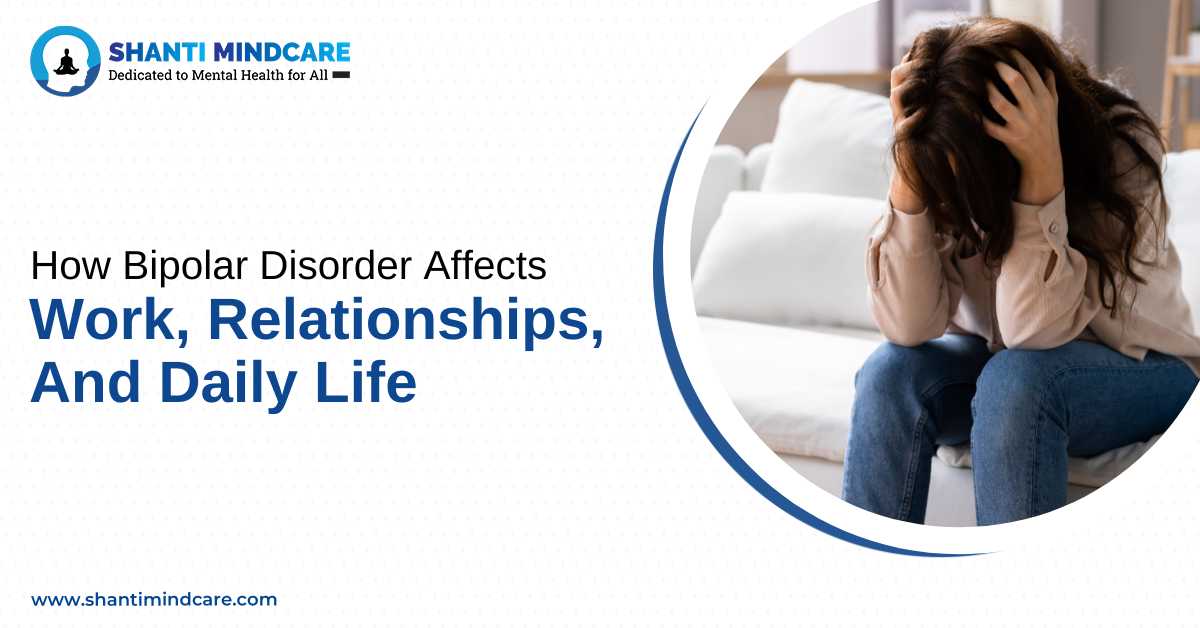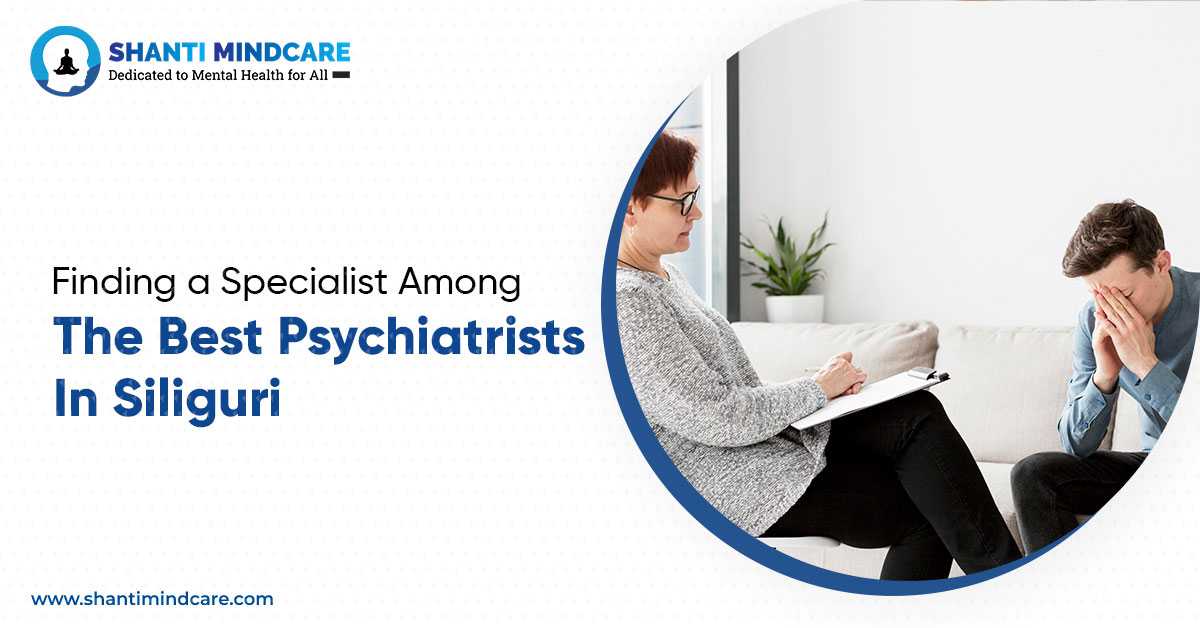Addiction refers to a neuropsychological disorder marked by an urge to a substance. It may involve a practice or consumption. Drug addiction, also called substance dependency disorder, alters the brain’s chemicals. And over time, the range of addictive behaviors increases.
Both physical and mental health are equally likely to get affected by drug addiction. Effects on health can be short-term or long-term based on the severity of substance dependency. This blog shares some psychiatric health issues that result from drug addiction. See the top psychiatrist at the best psychiatric hospital in Siliguri.
Psychiatric problems due to drug addiction:
· Anxiety disorders are feelings of excessive fear, worry, or anxiousness. Such mental health conditions are enough to affect the quality of life. Symptoms of anxiety disorders include restlessness, sweating, shortness of breath, cold, sweaty hands, panic, nightmares, obsessive thoughts, difficulty sleeping, etc. Uncontrolled anxiety disorders can result in panic attacks.
· Phobias are uncontrollable fearful reactions to certain places or situations. The intensity of phobias can range from mild to severe. Common signs of phobias entail shortness of breath, chest tightness, dry mouth, upset stomach, nausea, elevated blood pressure, racing heart, a choking feeling, dizziness, shaking, excessive sweating, inability to speak, et al.
· Depression is another psychiatric condition that can occur due to the persistent use of drugs. Withdrawal symptoms of substance use disorder/drug addiction might involve depression as well. Persistent sadness, hopelessness, and emptiness, maybe a sign of depression. The most common sign of depression is often losing interest in activities. Expert assistance is of immense need so as to heal the condition and prevent further complications.
· Schizophrenia is a mental health disorder that affects how an individual perceives reality, thinks and behaves. However, doctors still don’t know the exact cause of this medical condition. Signs like delusions, losing interest in day-to-day activity, not making eye contact, no facial expressions, unpredictable agitations, bizarre postures, excessive movements, disorganized speech, hallucinations may indicate schizophrenia. Without a medical diagnosis, we cannot determine a disease with its symptoms.
· Obsessive-compulsive disorder results in unwanted thoughts and obsessions that cause compulsions or repetitive behaviors. Poorly treated OCD tends to interfere with day-to-day life. Possible symptoms of OCD include unwanted aggression, fear of contamination, fear of touching a place or object, putting things in order, repetitive washing and cleaning, checking doors to ensure they’re closed frequently, asking for reassurance, excessive orderliness, etc.
Diagnosis under medical supervision helps rule out the extent and type of the psychiatric disorder. Expert guidance can revive your well-being. You just need to stick to a strategic lifestyle as guided by your medical healthcare provider.






